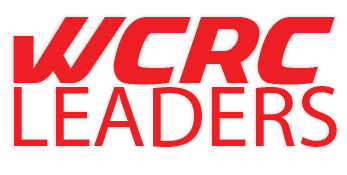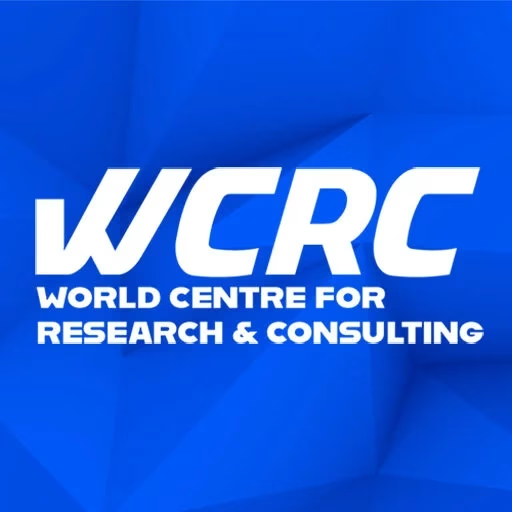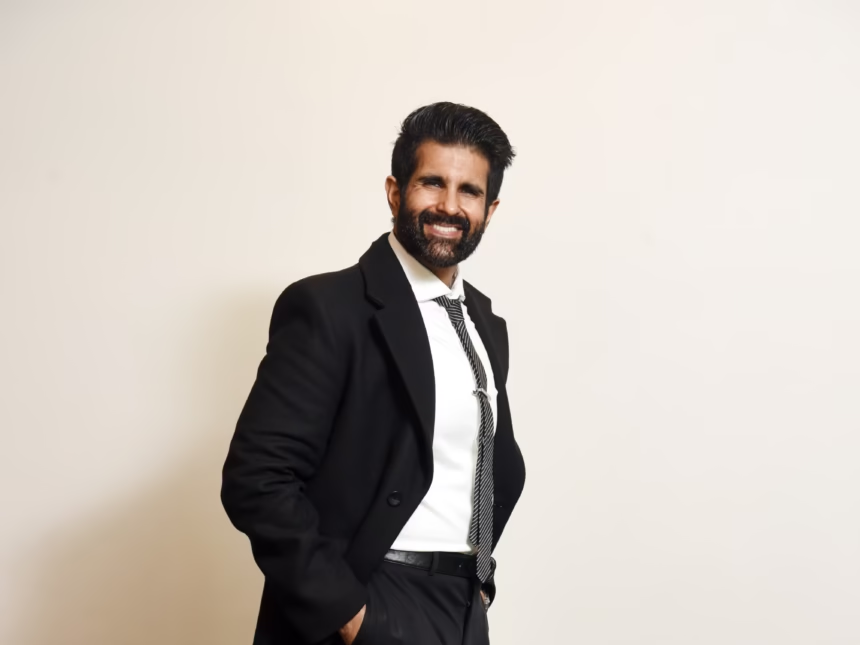Selected as World’s Best Emerging Leader 2022 for his management skills, strategic thinking capabilities, advisory roles and more recently author of a best selling book, Ajayya Kumar is a dynamic leader who drives success with his 360 degrees vision and output.
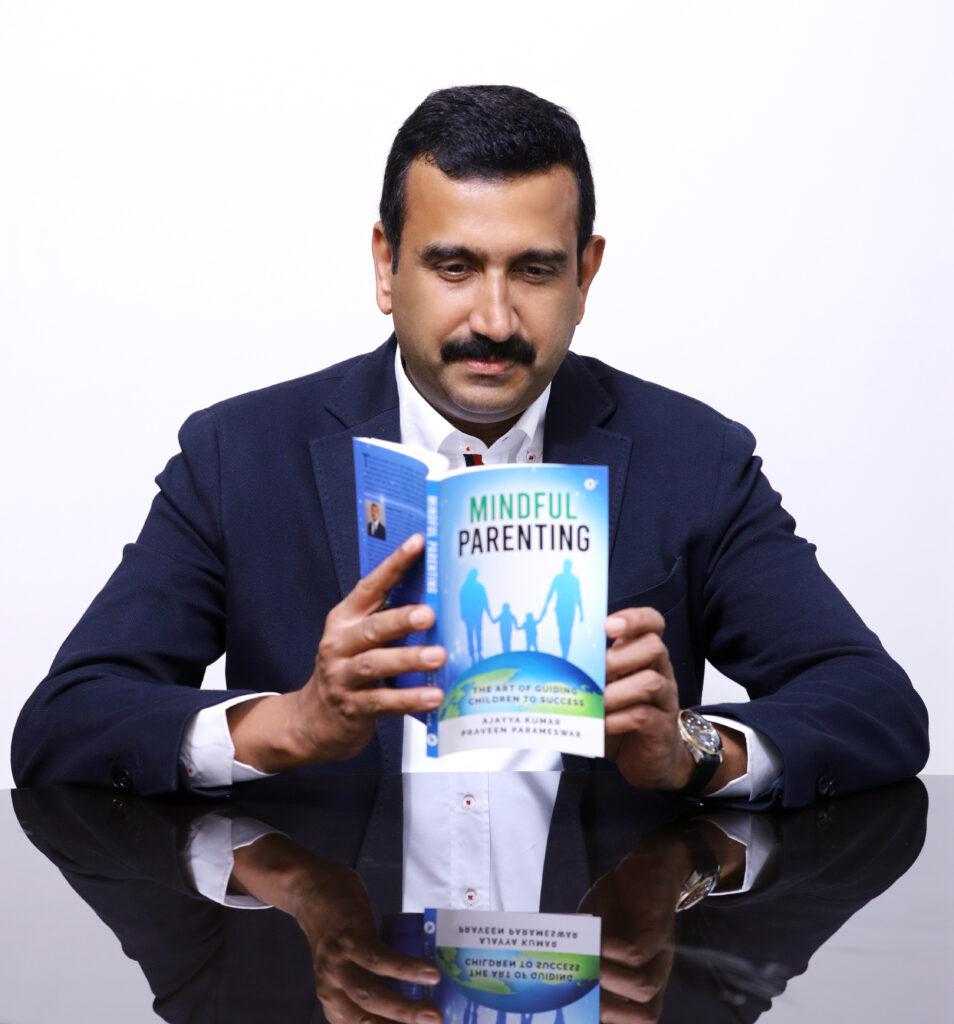
What makes a strong leader? What are your key leadership strengths that make the strongest attributes of success.
To be frank, the very usage of strength when discussing leadership or leadership qualities in an individual is a little problematic in this time and age. It is time for us to take a strong and historically relevant relook at the idea of a strong leader. A leader need not always be strong, I feel. Instead, a leader should be organic, natural and as raw as he can get. A leader should be fallible to mistake, prone to misjudgement and even be ready to take the fall as and when it comes.
A leader cannot live on an ivory tower of faux mightiness but he or she should be grounded in a very realistic way and rooted in a culturally sensitive fashion. This means, instead of being ‘strong’, a leader can be weak, vulnerable and enchantingly malleable. But what should make the difference here is that he or she should be able to learn from the mistakes and accept their humility. These traits will make them better guides in their organisations’ pursuit for growth and prosperity.
Now, coming to the second part of the question, I believe my strength as a leader is that I accept that I am not a leader but I am a follower with a difference. If I can all myself successful that’s only because I have this realisation that I can make mistakes, I can learn from the mistakes, I am prone to make mistakes and I am capable of understanding the value of errors and mishaps and misfires. I believe in the power of continuous and constant learning. I guide and get guided.
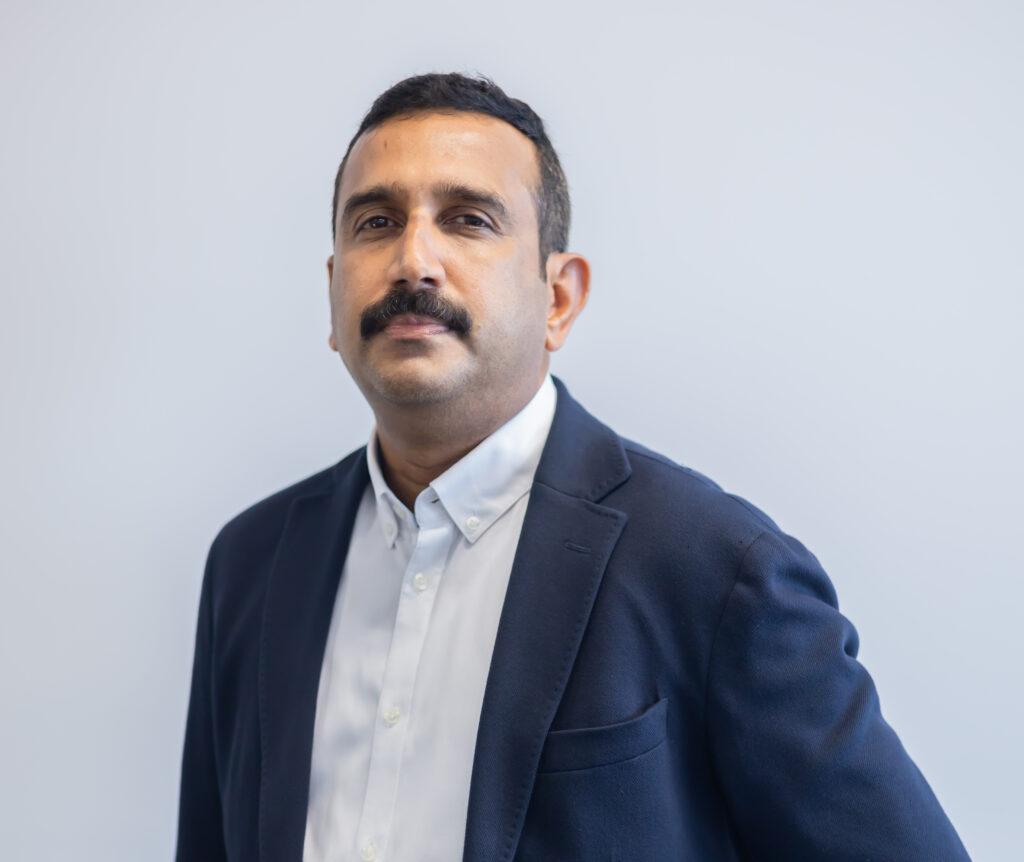
An accomplishment that you consider to be the most significant in your career? What challenges did you face to reach success.
My most important or most cherished accomplishment, to be very frank with you, is not the business success I claim to have made so far, but the realisation or the philosophical understanding that I am just a cog in the larger scheme of things and even while I am having that realisation, it is important that I maintain my significance as a human being who can make a difference.
Why do I call this realisation the most cherished one? Because it took me years of toiling to reach where I stand now. I was also swayed in many ways as I continued my entrepreneurial journey over these years and there were moments I felt success meant material success. But my teachers — which include the books I read, the people I met and the places I visited — taught me to think beyond all that. They taught me to think beyond ‘making’ and start thinking about ‘giving’. That’s what I am practising now and the very idea of ‘giving back’ is what propels my journey now. In sum, I ‘garner’ now because I want to ‘give’.
As I said, this wasn’t an easy journey. It was a really challenging journey to get here. Being a businessman and doing business in a very cut-throat competitive world would require you to be an alpha leader, a chaser and a conqueror. You should always be on your toes. But to maintain a zen-like sanity in this hullabaloo you need to overcome multiple mental and physical challenges. Interestingly, one of the biggest beneficiary of my learnings has been my own organisation.
But if I have to point out a very recent accomplishment, I’d suggest the book I wrote recently – Mindful Parenting. I strongly believe writing such a work has been a milestone moment in my life. It is a mission accomplished. The book is part of my mission to give back to society. It is a book that talks to parents and children on how to be greater humans and how to evolve organically, how to understand life better and how to be compassionate to each other.
What is the role of a leader in these challenging times?
- Motivate his team to believe in humanity.
- Motivate his team to believe in the power of resilience
- Motivate his team to believe in workmanship
- Motivate his team to believe in the team
- Motivate his team to believe in themselves.
What is your vision and how do you share that with your shareholders, employees and others?
I want to create sustainable growth for my company in such a way that the company will be remembered by the future generations as an entity that went ahead of its time to create value for its shareholders, customers and all stakeholders. If I break down these goals, I’d say, for shareholders, I want to make them feel belonged to the causes, products and services that my organisation champions and find value in all these so much so that they feel obliged to support similar ventures from my entity or other players and help build an ecosystem of sustainably progressing companies.
For my employees, I want to skill them in a 360-degree way. This means they should be more than just employees and should become employee-entrepreneurs. Each one should act, feel and work like an entrepreneur so that this pool of emploprenurs (well, that’s just a term I’d love to use often) will grow up to build success for themselves and the company.
How do you drive active business renovations and how does that impact your subordinates?
I have a different approach here. I first ensure that every such act has a solid value-add proposition and I will then try to hand-hold my subordinates into having the same understanding. This is not an easy process as they may be hoarding a number of concerns regarding the process, but I will always consider the gravity of the change and will ensure that everybody is on board on this and on the same page with me.
It is like conducting an orchestra in a way. Symphony is the key to your success and every change, every renovation, every shift should be synchronised well, else you will lose the charm of the performance. So winning the confidence of the subordinates is important. I will not roll out an action plan or a shift in programme unless I am convinced that everyone is on the same page. I dedicate personal time and energy for this.
How do you integrate corporate philanthropy or corporate social responsibility as a part of your business strategies?
I have my own Foundation to run my personal philanthropic activities. I support The Sarvamangala Arts Initiative which produces art shows, events, movies and concerns to support artists and creative minds. I dedicate personal time, space and resources for supporting people in distress. My activities are synchronised with the activities of my company too. As a company, we run a series of CSR programmes in the Middle East and beyond.
I also make it a point to pen down my thoughts and learnings, in books and other forms of text, so I can pass them onto the other generations. A recent example of this is my book, Mindful Parenting, which is a distillation of my learnings from life and career, something I want to share with parents and children. I’m delighted that the book is getting great response. It was released in New Delhi recently by eminent leader Kiran Bedi.
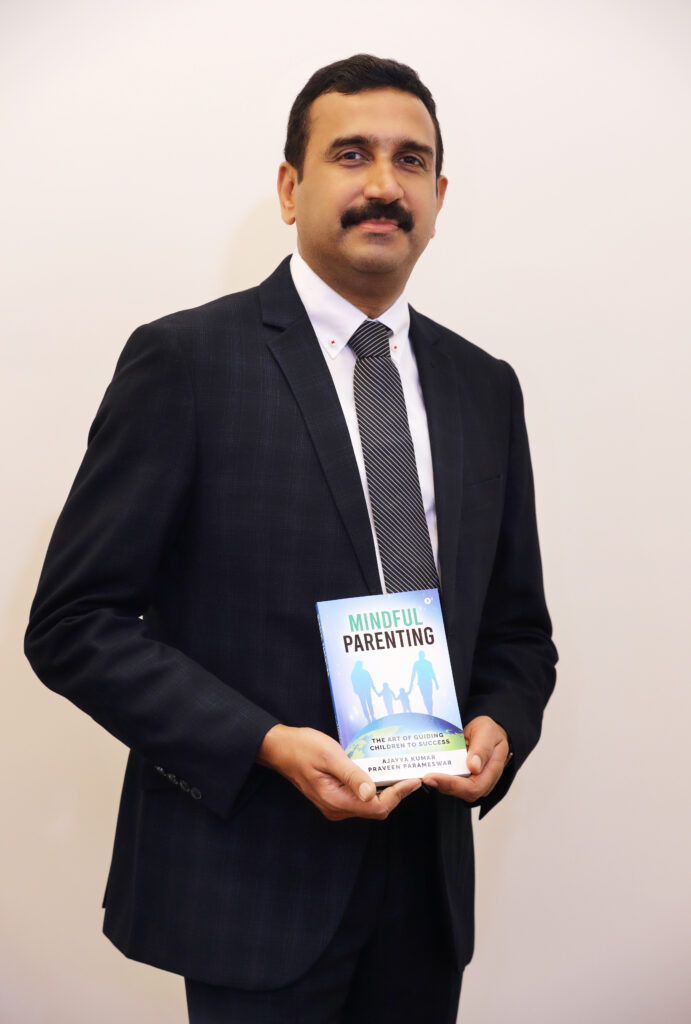
What has been your driving force or philosophy in life?
I always go by this very famous sloka in our holy text, The Bhagavad Gita. It goes like this:
śamo damas tapaḥ śaucaṁ
kṣāntir ārjavam eva ca
jñānaṁ vijñānam āstikyaṁ
brahma-karma svabhāva-jam
This means, great men should have these qualities: Peacefulness, self-control, austerity, purity, tolerance, honesty, wisdom, knowledge, and religiousness. So far, this has been the driving philosophy of my life.
How do you plan to drive your business at a global level?
These are uncertain times, so I place my bets carefully. I have a hybrid approach; I respect the uncertain elements but anchor on the certain ones. The pandemic has taught us to be cautious of the future so I believe my next level of growth will come as a result of the collective well being of the world. I work in the technology industry, which has been a great propelling force for the world’s progress even during the pandemic. So I am sure my next level of growth will be powered by the cutting-edge advances in technologies, and all I need to do is to be there when the changes occur and be in sync with the changes, which I have been doing fortunately.
How do you define success and how do you measure up to your own definition?
Success is all about building value. Value comes in two ways: Value for money and value for mind. I believe one complements the other. If you can achieve both, you create success. This applies to all industries.
In your opinion what is the most significant aspect of leadership?
Humility anchored in compassion.
Your perception of an empowered society. How far your industry has/can contribute for the same?
Esprit de corps: How do bring fairies and equality to all?
Equality is a layered concept. It involves many things like income, justice, mental well being, collective progress and such. In my opinion, achieving equality to all starts with the fundamental understanding that every human deserves better, like you do. The next step is to complement that idea with the knowledge that you will be ‘equal’ only if your neighbour/friend/partner/countrymen feel equal. It is your duty to make sure that it happens. So, strive for that.

